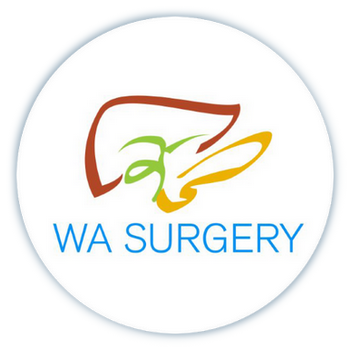Risks with Liver surgery.
The day of your operation.
What to bring to the hospital?
How long will the operation take?
Liver operations are complicated and major operations. The exact time depends on the type of liver resection. The anaesthetic doctor will take around an hour and a half to prepare you for the operation. After this, the operation, on an average, takes about 6 hours.
After your operation.
You will be in the recovery room where your heart rate, blood pressure, breathing, urine output will be monitored. Once you are stable you will be transferred to the ward.
After surgery you will be in bed resting. It is important that following exercises are done to prevent complications such as chest infections and blood clots in your legs.
How much pain will I experience post-operatively?
Almost all patient will have Patient Controlled Analgesia (PCA pump) for pain management. PCA is a method of pain control that gives patients the power to control their pain. Most patients will also have wound catheters for regional pain management. You may experience some pain from your incisions, especially on movement. If you do, the nurses will give you analgesia. At the time of discharge, you will be given a supply of painkillers. After about 7 days most of the discomfort should disappear.
When can I eat after the operation?
You should be able to drink small amounts of water on the first day after the operation. If you tolerate that well, you will be allowed to drink more later that day.
You will be allowed to have some soft diet on the second day. Most patients are able
to eat normal diet in about 3 or 4 days after the operation.
Recovery and discharge.
What to avoid after discharge
When can I start driving?
You should not drive for at least a month after liver surgery. Before driving you should
ensure that you could perform a full emergency stop, have the strength and capability to control the car, and be able to respond quickly to any situation that may occur. Please be aware that driving whilst unfit may invalidate your insurance, and you should check with the conditions of your insurance policy as they do vary.
When Can I drink alcohol after going home?
It is advised to avoid any alcohol for at least 3 months after liver resection. This is the
time when the liver will be regenerating. After this period you may take alcohol in
moderation (the usual maximum weekly allowance).
When to Contact Your Surgeons ?


Your message has been sent successfully…
